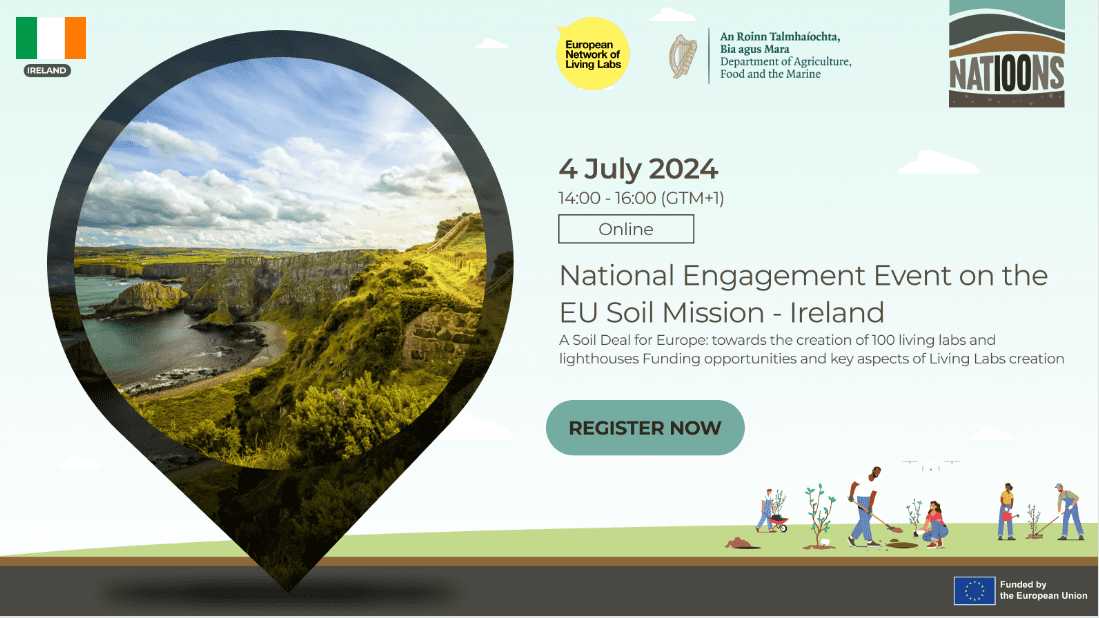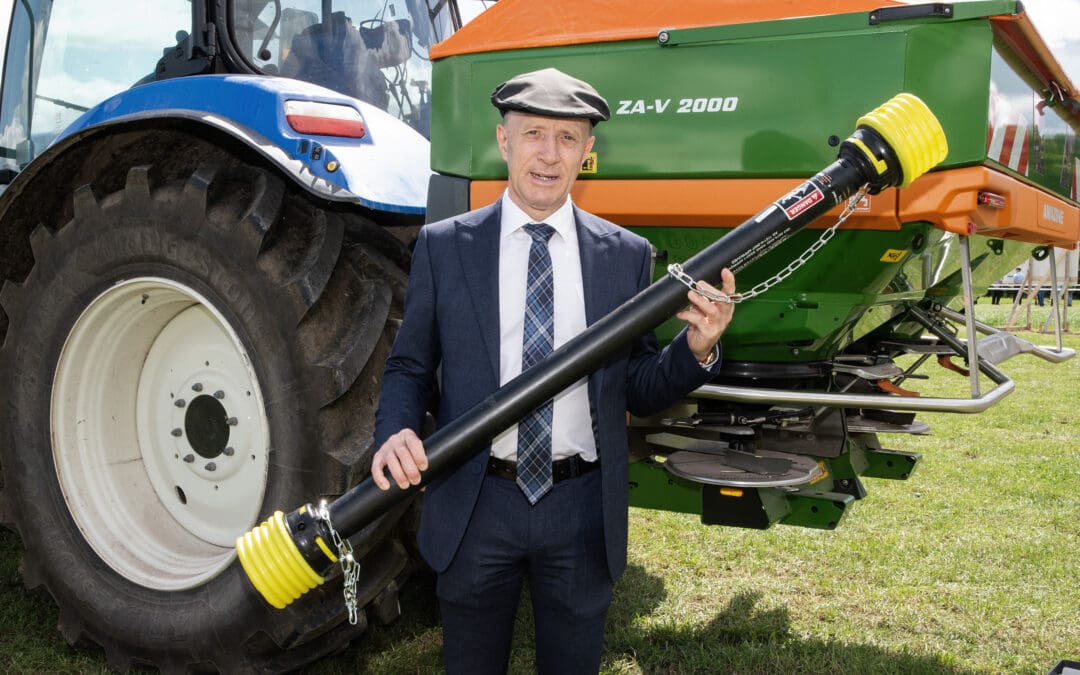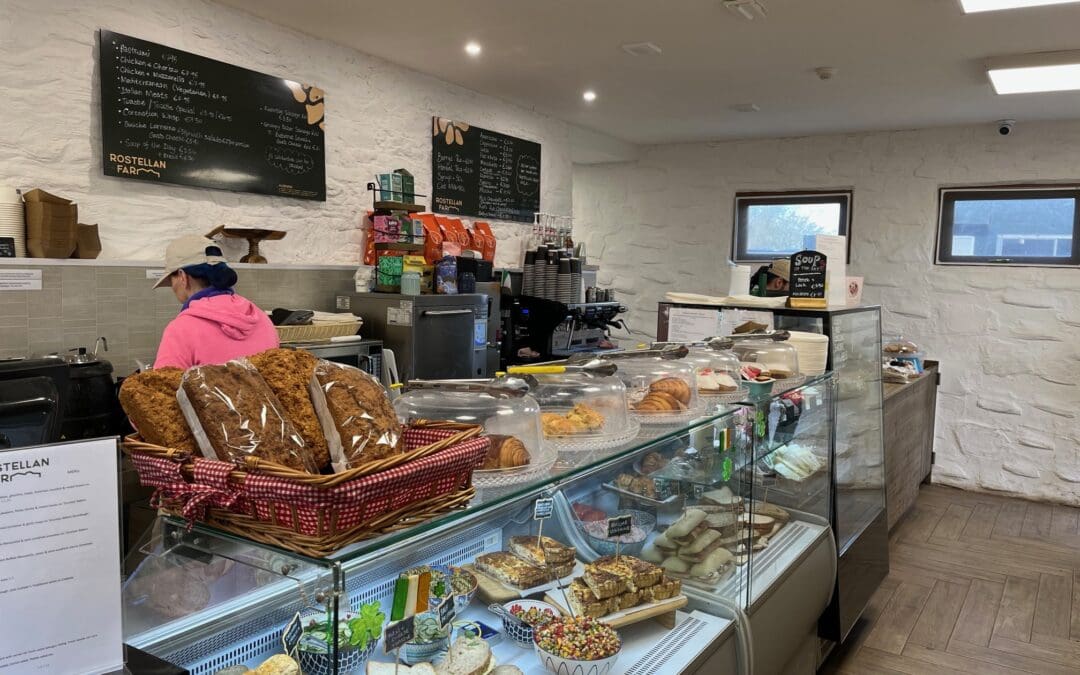The European Network of Living Labs (ENoLL), in partnership with the Department of Agriculture, Food and the Marine (DAFM), organised the event to provide information and support for applicants of the upcoming call for the EU Soil Mission.
The 2024 Living Lab call focuses on two themes: Soil health (‘co-creating solutions for soil health in living labs’) and Urban (‘Living labs in urban areas for healthy soils’). The official source of reference is the Horizon Europe Work programme (2023-25) ““ 12. Mission sand Cross-cutting Activities, published by the European Commission on April 17th, 2024. The deadline for applications is 08 October 2024 17:00 (Brussels time), and there is 100% funding for any actor. In total, four applications are expected to be funded across the two themes.
At the event, a representative of the ENoLL, Dolinda Cavallo, provided expert insight into the concept of ‘Living Labs’ (LLs). LLs are multi-stakeholder, cross-sectoral, regionally based projects which are structured to create effective and continued impact. In relation to the Soil Mission, LLs are aimed at improving soil health and related ecosystem services, while also contributing to societal challenges, innovation, co-creation and formal learning.
One of the key topics of focus at the event was the importance of LLs in solving the complex challenges related to soil health. Dr Lena Madden, of Technological University of the Shannon (TUS), described their experience within the Irish LL of the ‘SOILCRATES’ project. The LL focuses on soil health in grasslands for beef and dairying farms and mix crop farms, in a bioregion comprising parts of county Clare, Limerick, and Tipperary. Multi-stakeholder co-creation, co-development and experimentation, are core elements of any LL. For Dr Madden, the nature of the LL as a public-private people partnership, wherein “everyone is equal”and real users and the wider public are involved, is crucial for its success. She described how their multi-disciplinary, place-based approach and real-life context, combined with the robust scientific setup and openness, maximises their continued impact on soil health.
The aim of the LL, of which TUS is the lead partner, is to improve soil structure by increasing organic amendments, reducing fertiliser, increasing crop biodiversity/cover, and reducing disturbance (compaction). Currently the participants of the LL include 3 farmers associations, farmer, 3 counties, companies, industry, and a research institution.
You can read more about the ENoLL here, and find a map of Europe-based LLs here.
Learn more about the work of the CAP Network Ireland Innovation Hub here.
Image Source: NATI00NS




